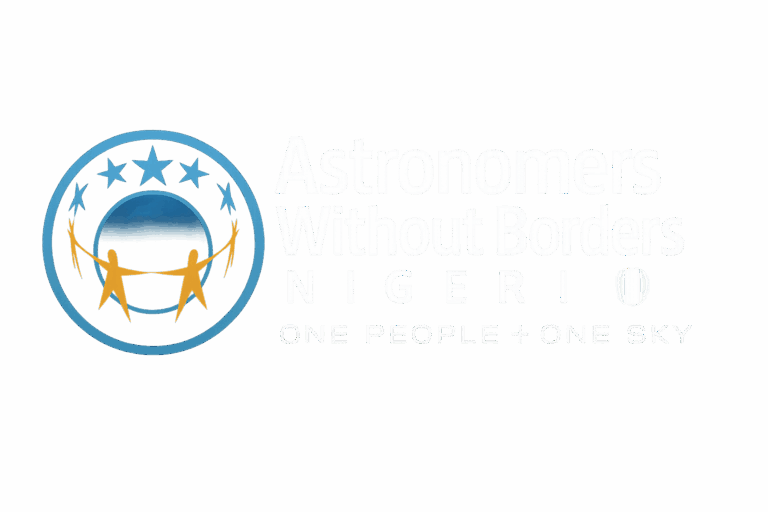EXPL

RE
AWB Nigeria 
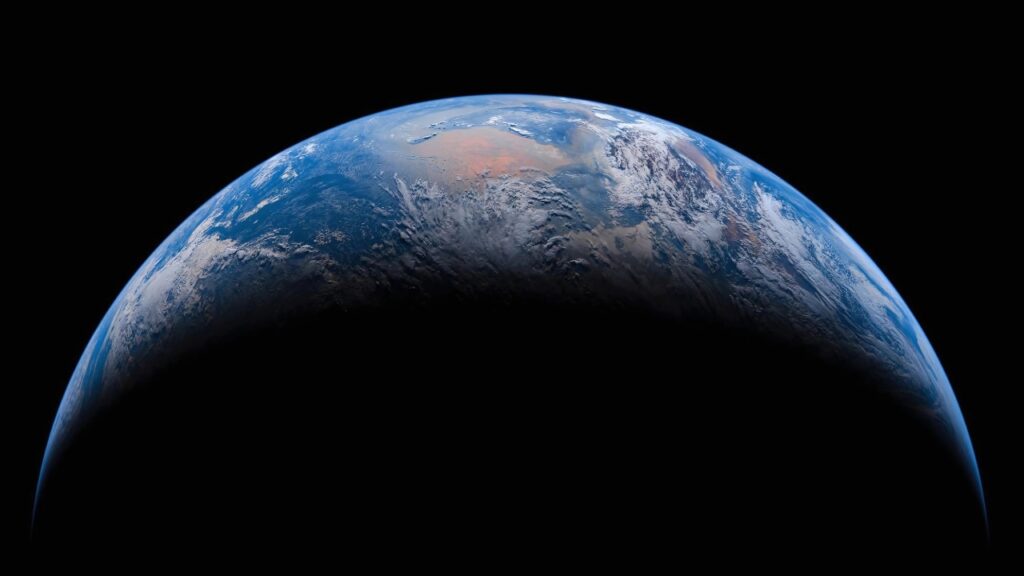
grow With Us at AWB

Publishing
Amplifying voices that inspire and empower communities across Nigeria.

Career
Unlock your potential and build a purposeful future with us.

Education
Transforming lives through knowledge, mentorship, and opportunity.

Meeting
Collaborate, connect, and create change through impactful gatherings.
What Is AWB Nigeria?
Empowering Minds, Shaping Futures
The Astronomers Without Borders (AWB) Nigeria, is a non-governmental organization with the aim of spreading Astronomy and its benefits throughout Nigeria. Our goals, activities and projects are done in affiliation with the Astronomers without Borders global community. Our global motto is ‘One People, One Sky.’
About Us
Astronomy Communities For Everyone
We are a global collective of astronomy enthusiasts, educators, and professionals committed to making space science accessible to all. With a growing network of 2,950+ active members, 5 strategic branch locations, and 24 observatory zones, our goal is to connect people with the cosmos—regardless of age, background, or geography.
Through hands-on learning, community skywatching, and academic collaboration, we inspire the next generation of explorers to look up and reach out.
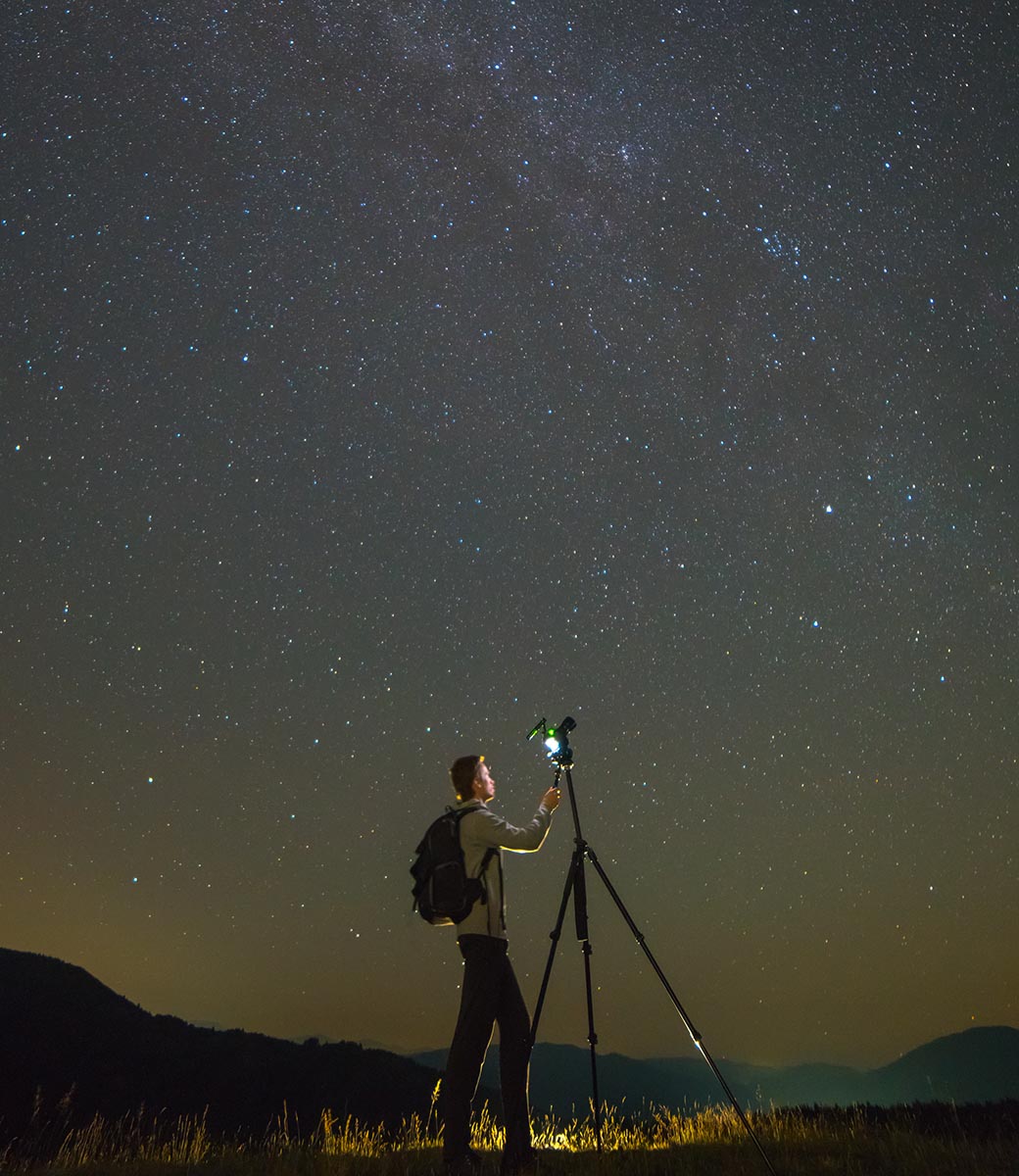
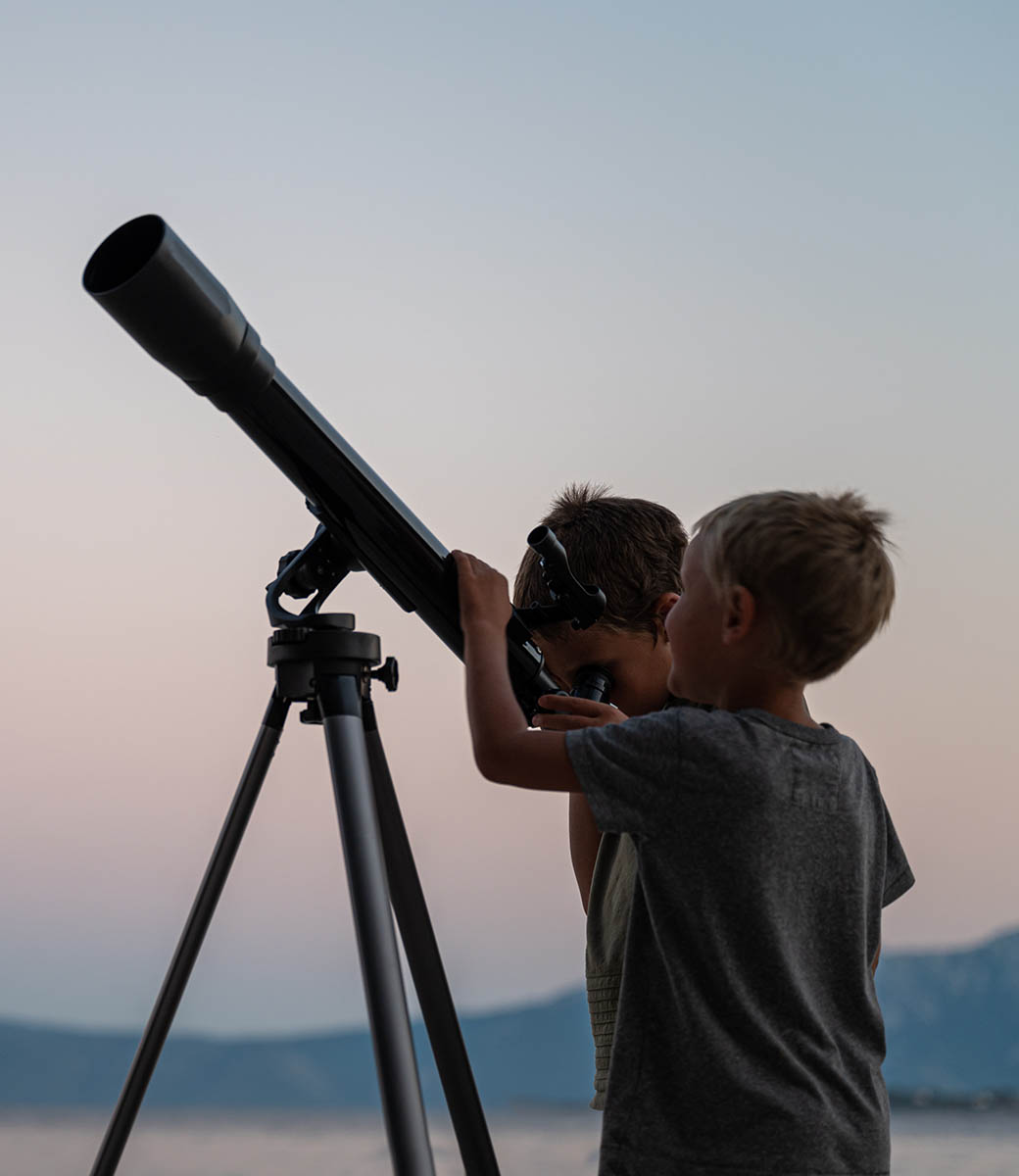
Who We Are
a community of astronomers
Rooted in passion and driven by curiosity, our community is a vibrant ecosystem of astronomers, students, educators, and dreamers. We bring together science and society to explore the universe through collaborative discovery, open dialogue, and inclusive learning.
We believe astronomy is more than science—it’s a shared journey. Join us as we uncover the mysteries of the night sky and shape a better understanding of our place in the universe.
- 🔭 Hands-On Telescope Training
- 🌌 Dark Sky Observation Zones
- 🚀 Student & Volunteer Engagement
- ⭐ Collaborative Research Platforms
Astronomy Discovery
Solar System Rocky Planets
Our solar system’s rocky planets—Mercury, Venus, and Mars—are terrestrial worlds with solid surfaces, unique climates, and geological histories. These planets offer critical insights into planetary formation, surface evolution, and the search for past or present life beyond Earth.
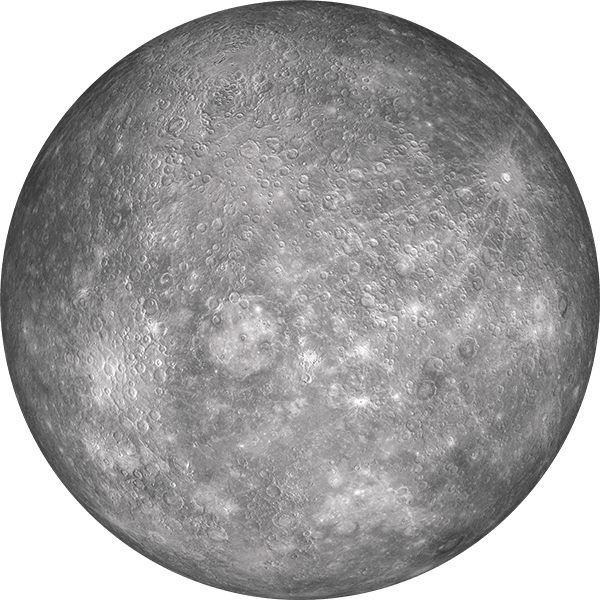
Mercury
The closest planet to the Sun, Mercury is a small, rocky world with extreme temperatures and a cratered surface resembling our Moon. Despite its proximity to the Sun, it has no atmosphere to trap heat — making its days blistering and nights freezing.
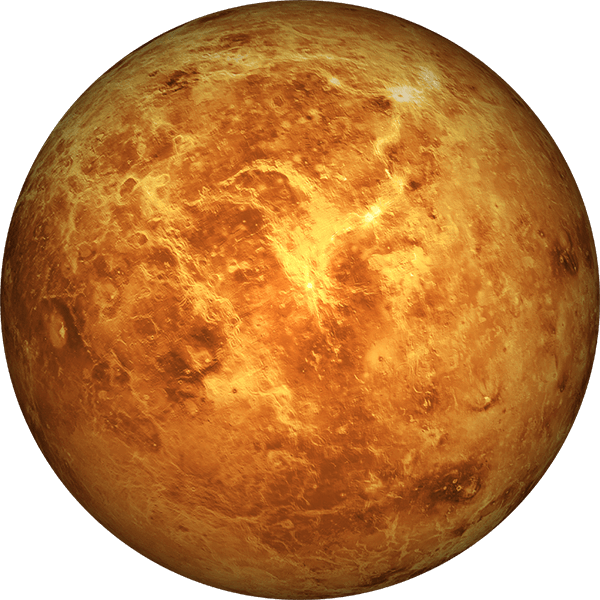
Venus
Shrouded in thick clouds of carbon dioxide, Venus is the hottest planet in our solar system. Known as Earth’s “twin” due to its similar size, it harbors a runaway greenhouse effect, surface volcanoes, and atmospheric lightning.
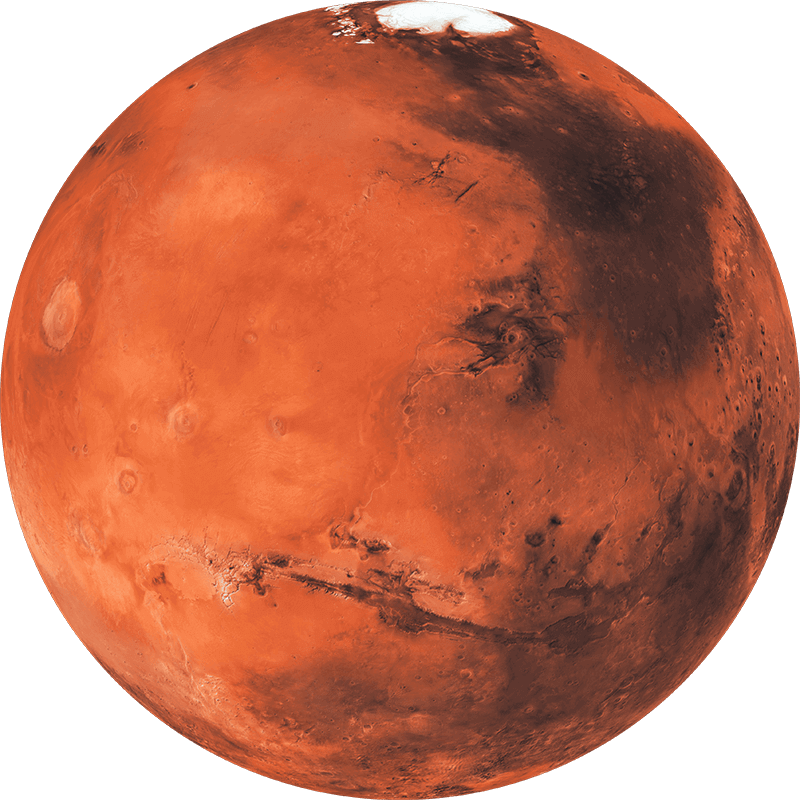
Mars
Often called the “Red Planet,” Mars has captivated scientists and explorers with its dust storms, frozen poles, and signs of ancient water. It’s the most Earth-like planet we know and a primary candidate for future human colonization.
Featured Research
comet Trajectory
Understanding the motion of comets is essential for predicting future paths, studying early solar system materials, and monitoring potential near-Earth approaches. Our research focuses on improving orbital precision and tracing the origin of newly discovered cometary bodies through advanced modeling.
Collaborations with international observatories allow us to refine models and contribute to global comet-tracking networks.
- Periodic Recalculation of orbital elements using updated telescopic data
- Deep origin tracing through comparative trajectory mapping
- Spectroscopic analysis of comet nuclei and tails

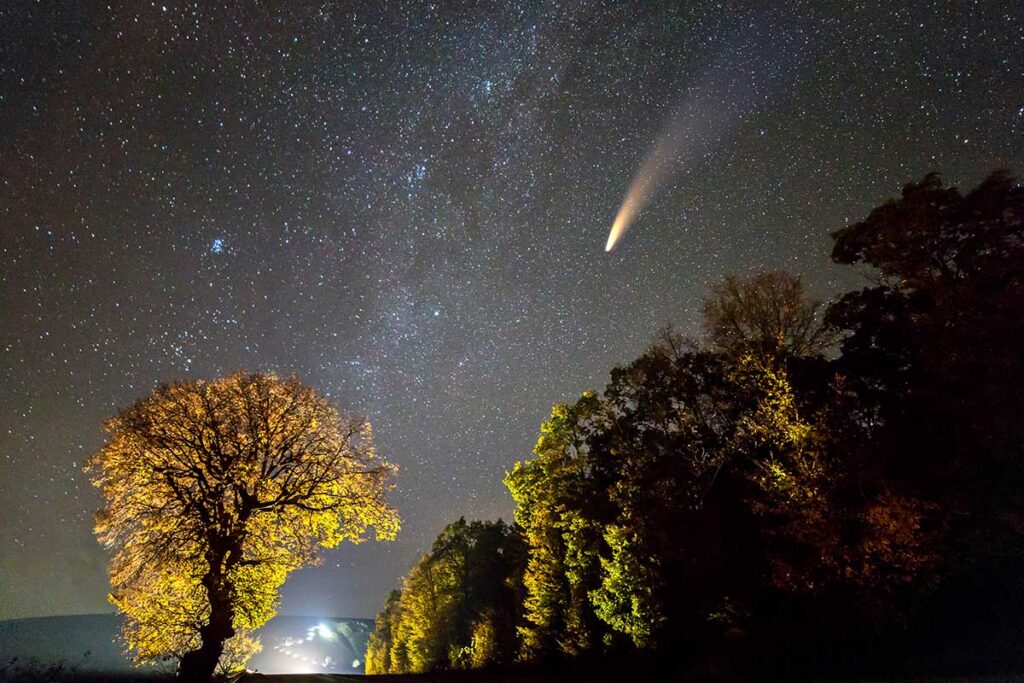
Our Blog
News & Blog
Stay updated with the latest in astronomy — from planetary discoveries and telescope launches to skywatch alerts and academic insights. Our blog features expert commentary, space mission updates, public outreach stories, and highlights from our member community.
Explore fresh perspectives, monthly sky guides, and behind-the-scenes stories from observatories around the world.
Let's explore with us
To create awareness about Astronomy and make star gazing a household leisure activity throughout Nigeria.
